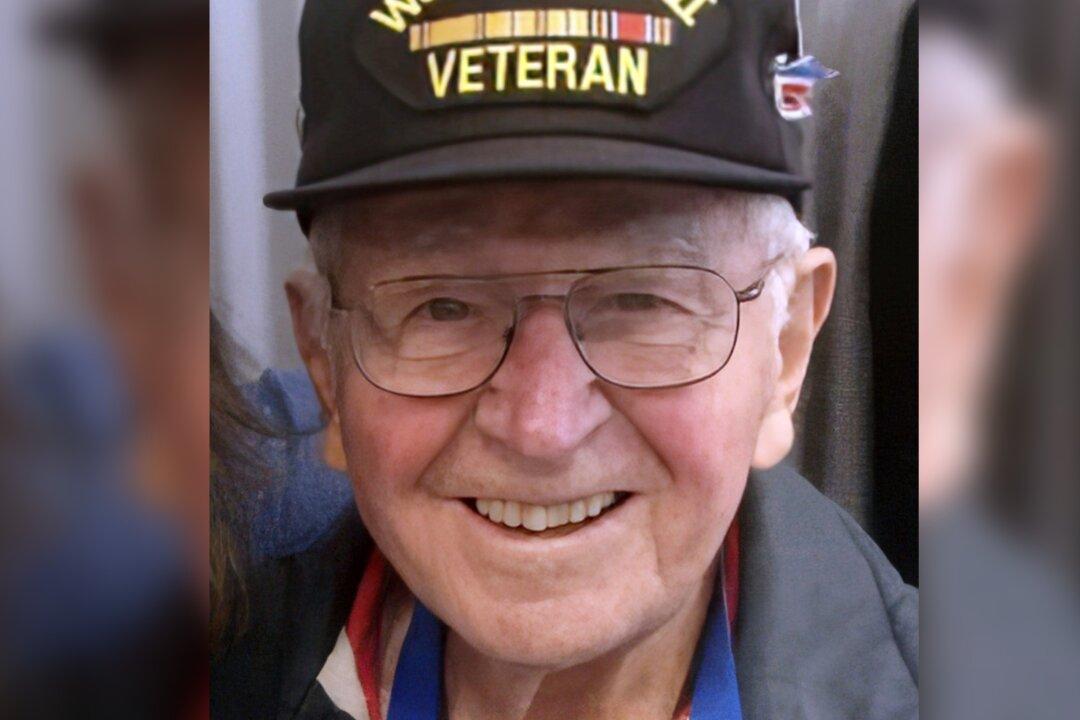A World War II Navy veteran was being mourned Thursday following his death while en route to France to commemorate the 80th anniversary of D-Day, a trip friends said he'd talked excitedly about making.
Robert “Al” Persichitti of Fairport, New York fell ill during a stop in Germany last week and died in a hospital, his longtime priest and friend, the Rev. William Leone, said. Mr. Persichitti was 102.





